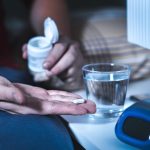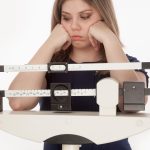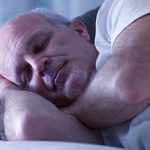
In yet another example of the mind-body connection, people with depression symptoms may face an increased risk of having a stroke, as well as a worse recovery afterwards. A new international study, published online March 8 in the journal Neurology, found about 18% of those who had a stroke had symptoms of depression, compared to 14% of those who did not have a stroke. After adjusting for other contributing factors, researchers determined that people with symptoms of depression before stroke had an overall 46% increased risk of stroke compared to those with no symptoms of depression. As the symptoms increased, so did the higher risk of stroke. “Depression affects people around the world and can have a wide range of impacts across a person’s life,” said study author Dr. Robert Murphy, of the University of Galway in Ireland. “Our study provides a broad picture of depression and its link to risk of stroke by looking at a number of factors including participants’ symptoms, life choices and antidepressant use,” Murphy said in a journal news release. “Our results show depressive symptoms were linked to increased stroke risk and the risk was similar across different age groups and around the world.” The researchers used data from more than 26,000 adults in the INTERSTROKE study, which included 32 countries across Europe, Asia, North and South America, the Middle… read on > read on >
























-300x200.jpg)













